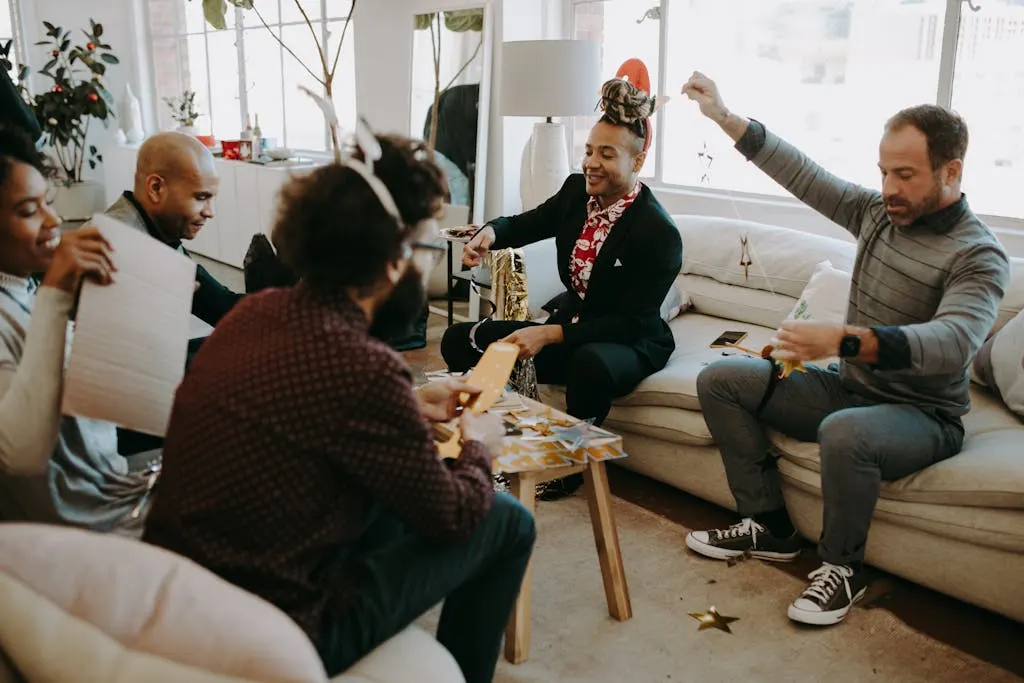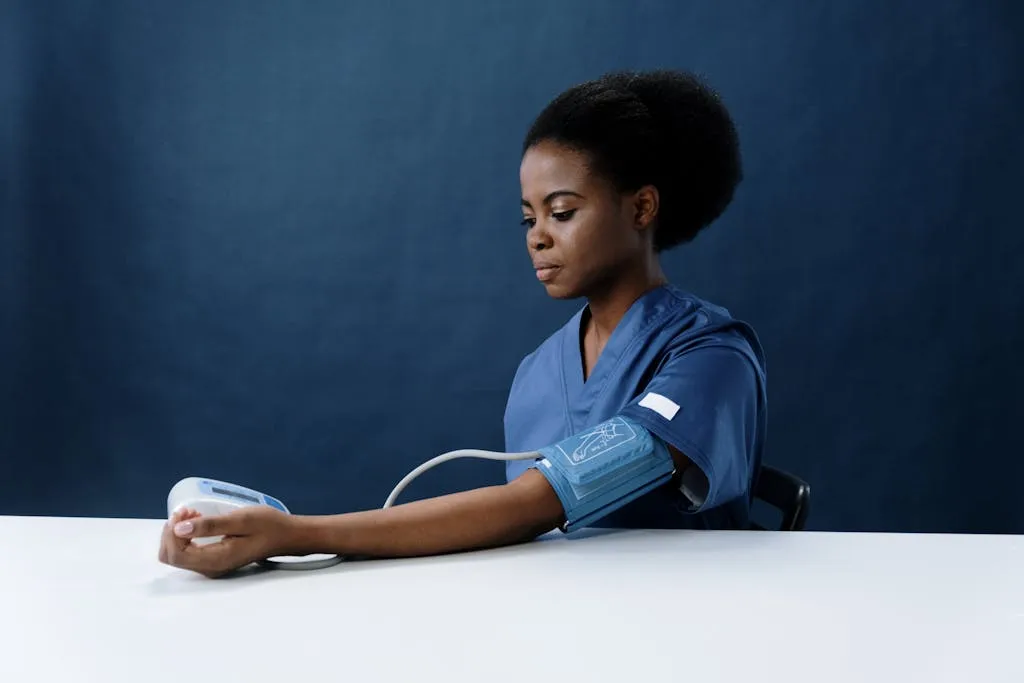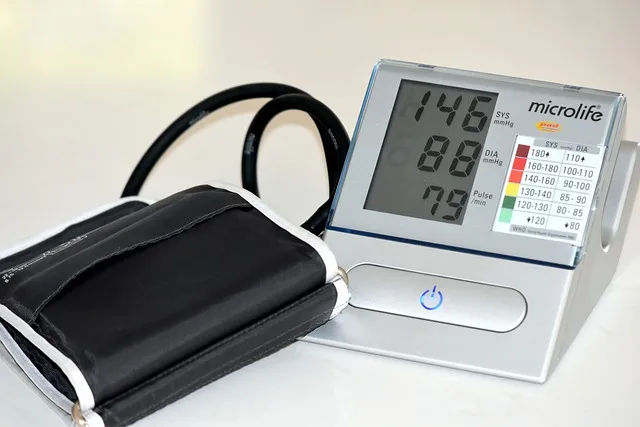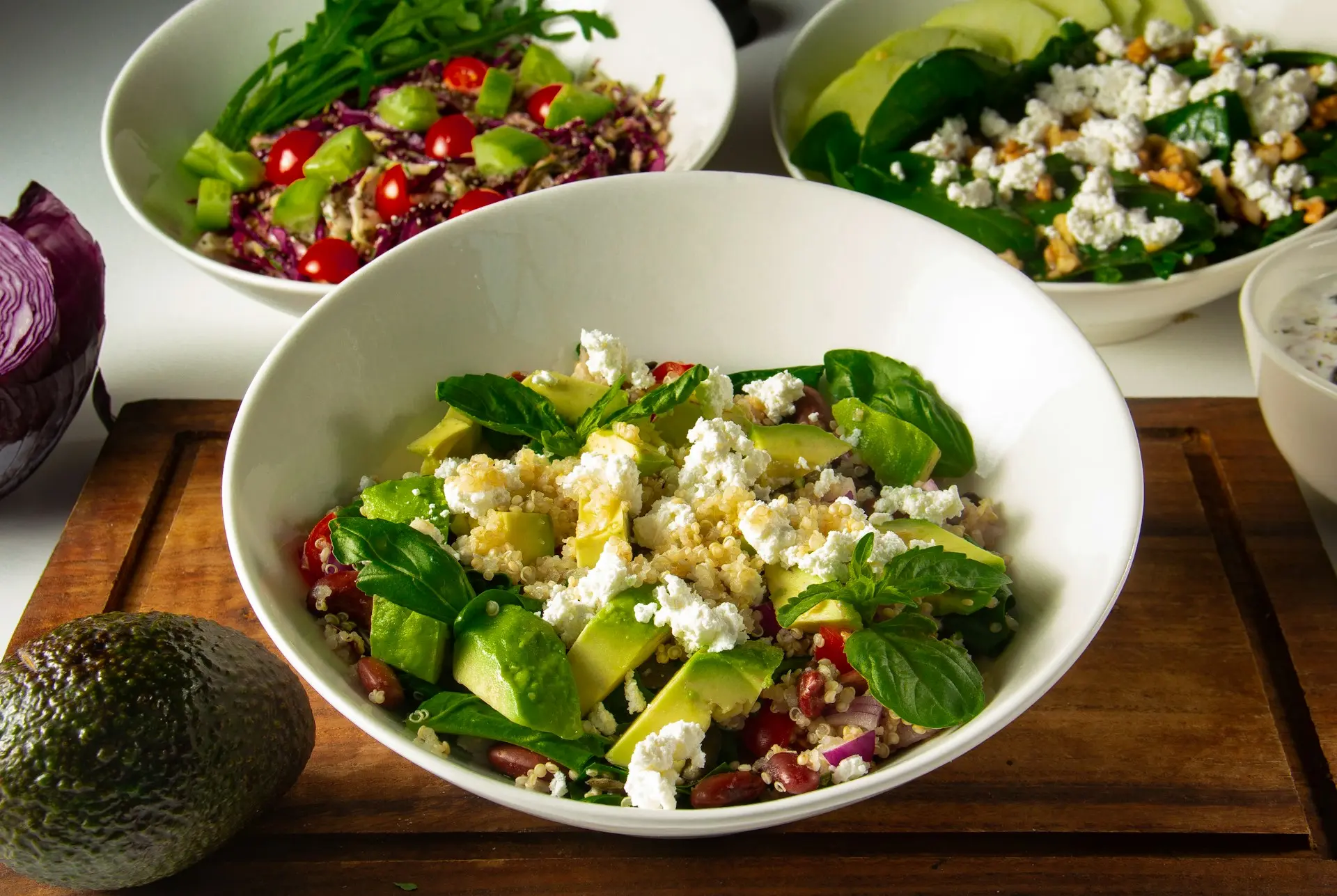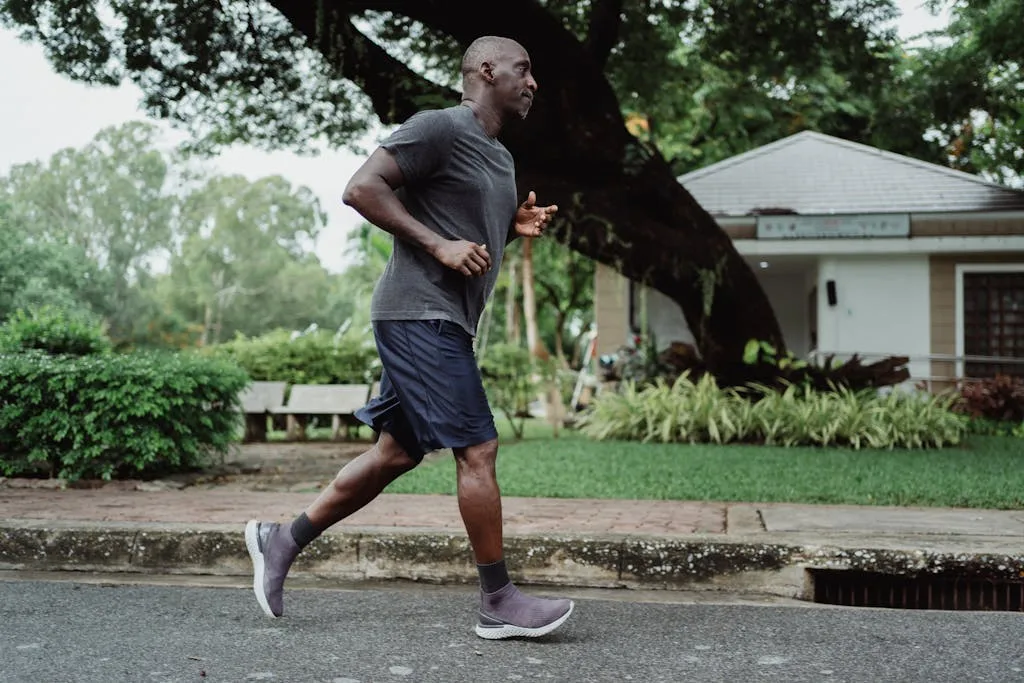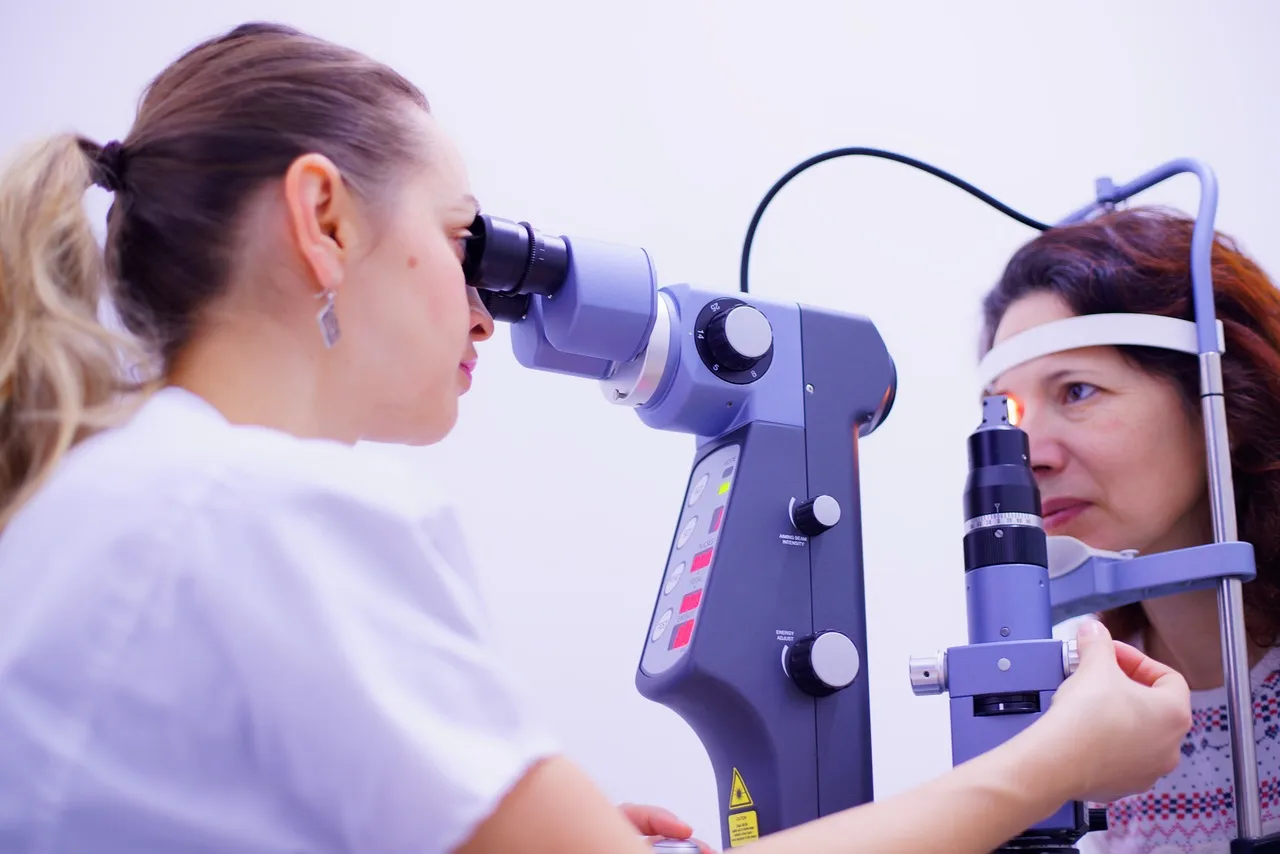For people with high blood pressure (hypertension), navigating social life can feel like walking a tight rope—balancing fun, food, and stress while keeping blood pressure in check.
High blood pressure is a silent condition that affects over a billion people worldwide. It develops when the force of blood against the walls of your arteries remains higher than normal. If left unmanaged, it can lead to serious health issues like stroke and heart disease.
While genetics play a role, lifestyle factors like physical inactivity, excessive salt intake, obesity, smoking, and chronic stress can increase your chances of getting the condition. Social interactions, often overlooked in discussions about cardiovascular health, also have a profound impact. A supportive social life can lower stress and encourage healthier habits, while social isolation or high-pressure environments can do the opposite.
In this article, we’ll describe how hypertension and social life impact each other, and we’ll offer practical tips to help you thrive socially without compromising your health.
How does social life influence blood pressure control?
The effects of social life can either help lower blood pressure or contribute to its rise. Exposure to social stress—such as social anxiety, strained relationships, financial worries, racial discrimination, social isolation, or workplace tension—can contribute to blood pressure spikes and long-term hypertension by:
- Triggering the release of stress hormones like cortisol, adrenaline, and noradrenaline. This temporarily increases heart rate, narrows blood vessels (vasoconstriction), and inflames and damages blood vessels walls.
- Encouraging unhealthy habits. Social stress makes you more likely to engage in behaviors that contribute to high blood pressure, such as lack of exercise, unhealthy eating patterns, excessive alcohol intake, and smoking.
- Affecting hypertension treatment. Social stress discourages adherence to anti-hypertensive medication, healthy lifestyle changes, and routine medical check-ups.
How does high blood pressure influence social life?
Living with high blood pressure doesn’t just impact your physical health, it can also influence your daily social interactions and lifestyle choices. Hypertension-related issues that can affect your social life include:
- Hypertension symptoms, such as headaches, dizziness, shortness of breath, and nosebleeds.
- Side effects of certain blood-pressure lowering medications. Fatigue, dizziness, headaches, and frequent urination are some side effects that can make it harder for you to stay active in social settings.
- Dietary restrictions. Processed foods, salty snacks, and alcohol—common at parties and restaurants—can contribute to blood pressure spikes. So, eating out with friends can create uncomfortable situations where you’re pressured to eat unhealthy foods, request for modifications to your meals, or are required to plan ahead.
- Frustration and social withdrawal. The emotional toll of managing hypertension and having to constantly make health-conscious decisions can feel mentally exhausting and restrictive. This can strain your interactions with your loved ones and may even result in social isolation, which ironically, can further raise your blood pressure.
What social activities help to maintain a healthy blood pressure?
Besides providing enjoyment, the right social activities can actively help to keep your blood pressure down. Also, surrounding yourself with a social network that values health makes it easier to stick to these hypertension-friendly activities while still having fun.
Here are some great social activities that can support a healthy blood pressure:
- Group exercise activities like walking clubs, yoga classes, swimming groups, and dance classes.
- Hobbies that promote relaxation, such as gardening, painting, playing music, and knitting.
- Volunteer work. Helping others provides a sense of purpose, boosts mood, and creates social connections, all of which can support your cardiovascular health.
- Support groups for people with hypertension.
- Mindfulness-based activities like meditation groups, tai chi, and breathing exercises done with friends.
- Cooking clubs focused on heart-healthy meals.
How to manage social events with high blood pressure
Social events are important for maintaining relationships and mental well-being. But factors like stress, high-sodium foods, and alcohol can negatively impact blood pressure control. To navigate social gatherings while prioritizing your health, you should:
- Plan ahead: Eat a healthy meal before the event to avoid overeating salty or unhealthy foods. If you’re eating out, check the menu in advance so that you can plan to have healthy foods. When possible, bring a hypertension-friendly dish to share with your friends and family.
- Make smart food and drink choices: Choose fresh, whole foods over processed or fried options. Be mindful of high-sodium dishes like cured meats, chips, and fast food. Opt for water or diluted juices instead of alcohol and sugary drinks, which can raise blood pressure.
- Manage stress and social pressure: Politely decline unhealthy food and drink choices without feeling pressured. If the event starts to feel overwhelming, take short breaks or step outside for fresh air. Relaxation techniques like deep breathing and meditation can also help you to stay calm in stressful situations.
- Stay active during the event: Find ways to move around, such as standing while talking, walking around the venue, dancing, or participating in active games.
- Handle late nights mindfully: Adequate sleep is essential for blood pressure control. Whenever you attend late night events, set a reasonable time to leave. You should also avoid alcohol and caffeinated drinks because they can interfere with your sleep. Engage in relaxing activities like reading, deep breathing, or listening to slow music to calm you down before you sleep.
How to build a hypertension-friendly social circle
Like any other chronic condition, managing high blood pressure without social support can be difficult. That’s why you need to surround yourself with people who support you and respect your health choices. To cultivate a positive and understanding social environment:
- Be open to your close friends and family about your condition and your health goals. People who are close to you cannot be supportive unless they know that you have high blood pressure.
- Set clear boundaries. Politely decline activities and foods that don’t align with your health needs. You can go ahead and suggest hypertension-friendly activities instead.
- Join wellness groups, fitness clubs, or online communities of individuals with high blood pressure or those focused on healthy living.
- Educate without preaching. If friends or family are curious, share knowledge and simple tips about hypertension without being overbearing.
- Offer support to others. Recognize when some of your friends and family are struggling with physical or mental illness and reach out to help them whenever necessary. Offering kindness and encouragement to loved ones with health challenges creates a sense of purpose, deepens emotional connections, and reduces your own stress factors. But, always remember to help others without sacrificing your own well-being.
The takeaway
Managing hypertension doesn’t mean giving up your social life. With mindful choices, you can enjoy gatherings, build supportive relationships, and stay active without putting your health at risk. Choosing healthier foods, setting boundaries, and planning ahead can help you navigate social events with confidence.
A strong support system makes all the difference. Surround yourself with people who respect your health goals and find ways to enjoy social activities that align with your well-being.

